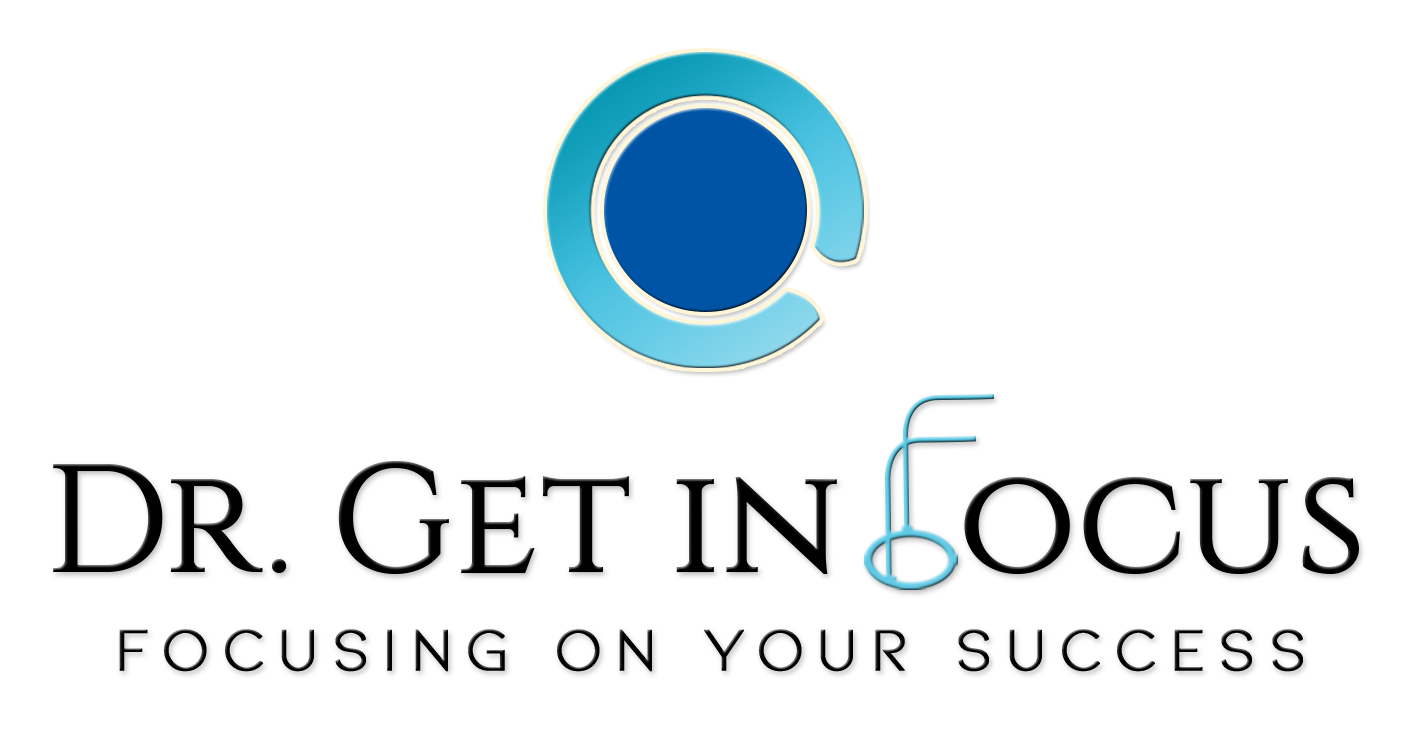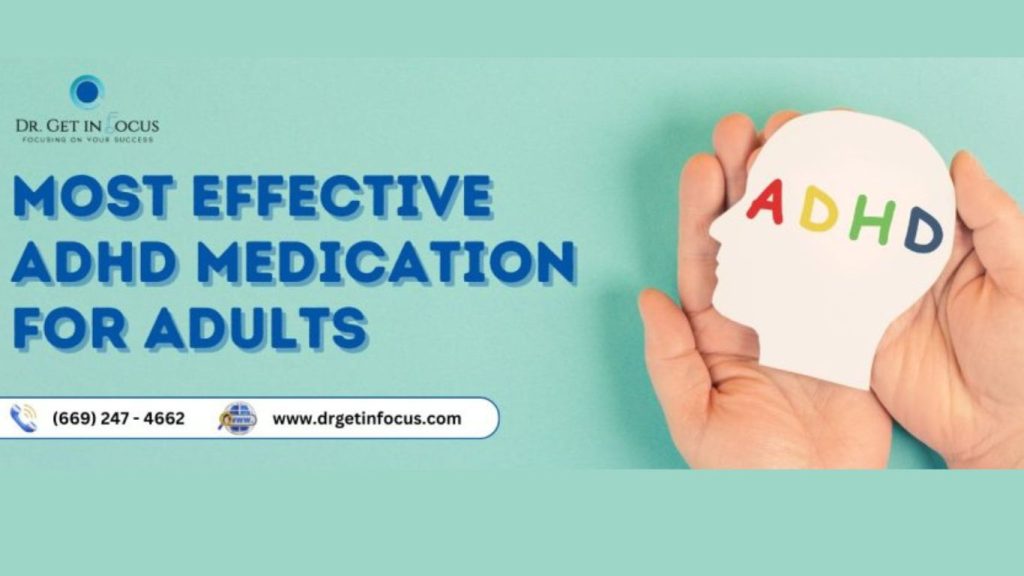Adhd Medication for Adults – Your treatment plan for attention deficit hyperactivity disorder may include medication. Physicians have access to a wide variety of medications to manage your symptoms. Most effective ADHD medications for adults, whether prescribed by your doctor or not, have the same effect of raising your brain’s neurotransmitter levels. These chemicals help you better control your emotions, lengthen your attention span, and lessen symptoms like impulsivity and hyperactivity.
What is medication for ADHD?
Wearing spectacles aids in eye focus for a lot of people. Medication for ADHD also aids in helping sufferers concentrate. Their ability to focus, ignore distractions, and regulate their behavior is enhanced by the medication. ADHD cannot be cured by medication. However, it can help reduce ADHD symptoms while you or your child is taking it, allowing you to perform better.
Describe ADHD
One of the most prevalent neurodevelopmental disorders is attention-deficit/hyperactivity disorder (ADHD). Adults suffering from the disorder might exhibit excessive activity and struggle with impulsive actions. Additionally, they might struggle to focus, adhere to directions, and finish tasks.
When ADHD symptoms start in childhood, they often persist into adulthood. According to one study, 90% of cases of ADHD symptoms persisted into adulthood. Furthermore, a few adults with ADHD have never received a diagnosis.
Adults with ADHD may struggle with organizing tasks, paying attention, remembering information, and following instructions. Adults may experience symptoms differently than children do. For instance, an adult’s excessive restlessness may be mistaken for a child’s hyperactivity.
What is the purpose of an ADHD medication?
Depending on the kind, ADHD drugs have varying effects. However, the mechanism of action of all ADHD drugs is to raise the brain’s concentration of vital molecules called neurotransmitters. Among these neurotransmitters are norepinephrine and dopamine. Increasing these neurotransmitter levels helps alleviate some of the symptoms associated with ADHD, such as:
- lengthening the attention span
- lowering excessive agitation
- managing impulsive actions
- Controlling executive dysfunction
The effects of ADHD medications vary from person to person. You may not benefit from what works for someone else. Furthermore, it’s possible that the first ADHD drug you try isn’t the best option. It might not work as intended or have unpleasant side effects. Alternatively, you might be taking the right drug but require a higher dosage.
Whether you take prescription or over-the-counter medications, be sure to let your provider know about all of them. Additionally, let your healthcare provider know if you take any supplements and how much you consume in a day of caffeinated beverages. Certain drug combinations can negatively impact the body.
Medication for ADHD has different effects on different people. What works for someone else might not be beneficial to you or your child. Moreover, the first ADHD medication that you or your child try may not be the best choice. It might have unpleasant side effects or not function as planned. Alternatively, you may be taking the appropriate medication but need a higher dosage.
Make sure your provider is aware of all the medications your child takes, whether they are prescribed or over-the-counter. Tell your doctor about any supplements you take as well as how much caffeine-containing beverages you drink each day. There are drug combinations that can harm the body.
Which kinds of ADHD medications are there?
Both stimulants and non-stimulants are included in the most effective ADHD medications for adults. Antidepressants are also frequently prescribed by medical professionals.
Stimulants
The most popular class of prescription drugs used by medical professionals to treat ADHD is stimulants. Stimulants, despite their name, do not increase your level of stimulation. Instead, they function by raising your brain’s concentrations of two chemicals, known as neurotransmitters: norepinephrine and dopamine. These neurotransmitters are crucial for maintaining motivation, focus, and attentiveness.
Since stimulants are categorized as controlled substances, there is a chance they will be misused or lead to drug use disorders. However, using stimulant medications is safe as long as your provider is watching over you. To prevent complications from an undetected heart rhythm issue, your provider might order an electrocardiogram (EKG) screening before prescribing you a stimulant.
Stimulants come in two types:
Short-acting (immediate-release): These stimulants are typically taken as needed. They have a maximum duration of four hours. People with ADHD may experience “the crash” or “the rebound effect” when they are tapering off of a short-acting stimulant dosage. It usually involves a sudden drop in energy and frequently results in extreme hunger. Some people suffer from severe depression or mood swings. We at Dr Get In Focus are here to treat your ADHD and to treat your severe depression.
Extended-release (also known as long- or intermediate-acting): These stimulants are usually taken once daily in the morning. Some last up to sixteen hours, while others only last six to eight hours. Longer-acting ADHD drugs may lessen “ups and downs” during the day and lessen the need for additional dosages at work or school.
Many take an immediate-release dose in the mid-to-late late afternoon to complement their extended-release medication, which is taken in the morning. When the effects of the earlier dose start to wear off, this additional dose might help cover the late afternoon and evening hours.
Methylphenidates and amphetamines are the two drug classes to which the majority of stimulants belong. Drug classifications combine medications based on shared characteristics like approved uses or active ingredients.
Non-stimulants
Unlike stimulants, which are controlled substances, non-stimulants are prescription drugs. This implies that you are less likely to abuse them or grow dependent on them. They function by raising norepinephrine levels in the brain.
Compared to stimulants, non-stimulant ADHD medications take longer to start working. It might take three to four weeks for you to fully experience the effects of these medications if you are taking them regularly. But these drugs can also help you become less impulsive and more focused. They have a maximum 24-hour workday.
A non-stimulant may be prescribed by your healthcare provider for several reasons, such as:
- Stimulants do not work.
- The stimulant side effects you experience are unbearable.
- To maximize its potency, they wish to experiment with combining it with a stimulant.
The number of non-stimulants for the treatment of ADHD is currently decreasing. These medications are mostly alpha-2 adrenergic agonists or norepinephrine reuptake inhibitors.
Depression-fighting drugs
Antidepressants have not been expressly approved by the FDA to treat ADHD. For the treatment of ADHD, medical professionals will occasionally prescribe them either by themselves or in conjunction with a stimulant. The antidepressants that doctors usually recommend for ADHD affect your brain’s dopamine and norepinephrine levels. Tricyclics and norepinephrine-dopamine reuptake inhibitors are the two most popular drug classes.
These are some of the most effective ADHD medications for adults which help the adults to cure their issues. Now, don’t let this disease affect your lifestyle. Just visit Dr Get In Focus and get the most effective ADHD medication for adults.

